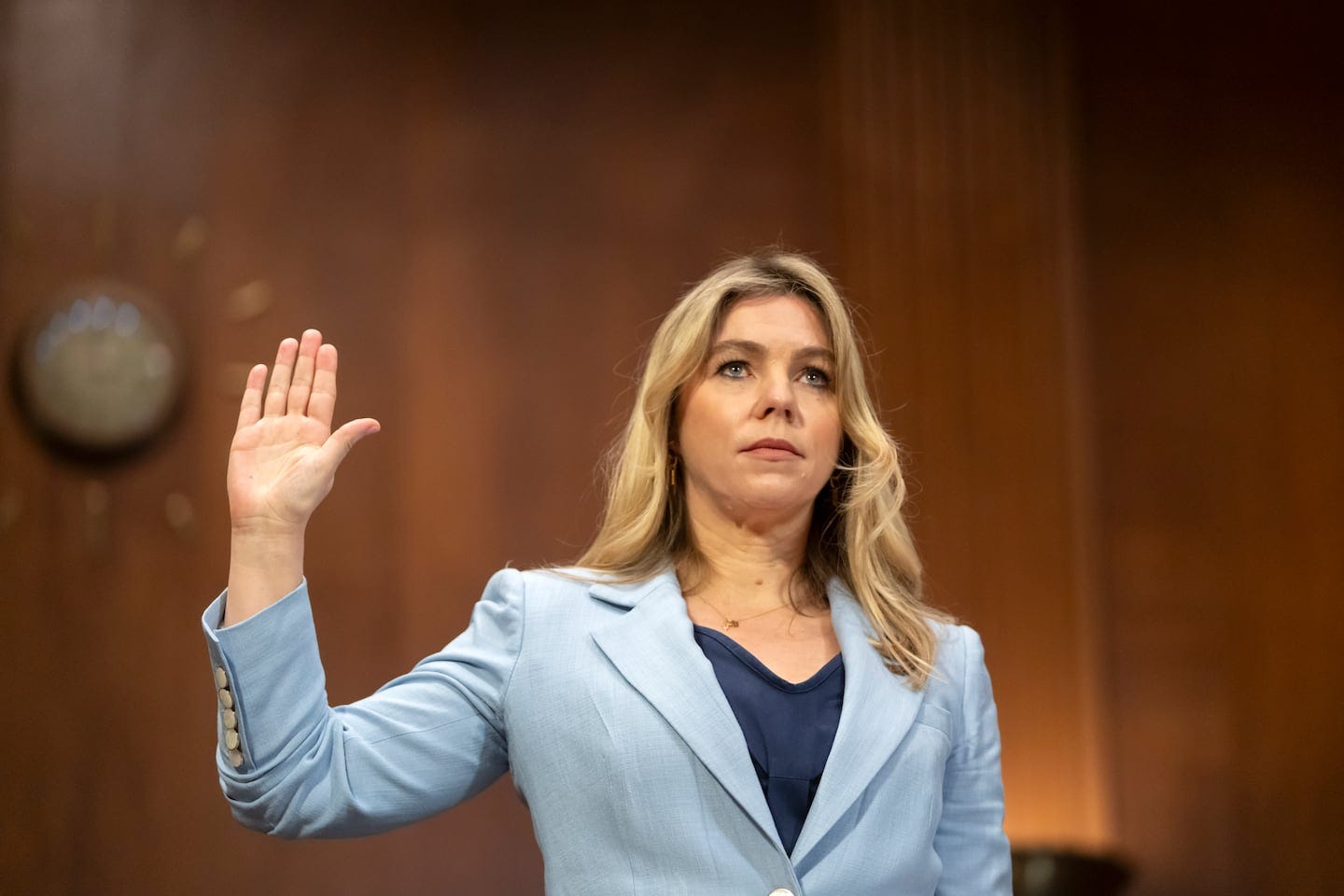Move Slower. Build Smarter.
A cautionary tale from inside Facebook, a reminder from my own career, and why slowing down isn’t a setback - it’s a strategy.

Hey friends,
This week’s note isn’t about B Corps or stakeholder frameworks. It’s about something messier, and maybe more urgent.
I just finished Careless People: A Cautionary Tale of Power, Greed, and Lost Idealism by Sarah Wynn-Williams, a former Facebook exec who recently testified before the Senate Judiciary Subcommittee on Crime and Counterterrrorism.
Her book traces how Meta’s obsession with scale compromised ethics and national security.
With all the fuss Meta stirred up trying to block its release, I expected a tech takedown. What I got instead was quieter, and heavier. A firsthand look at what happens when good intentions meet unchecked scale. And what gets lost when speed becomes the only metric.
It landed harder than I expected.
I’ve never worked in Silicon Valley, but I know that pace. I’ve lived it. I’ve thrived in early-stage teams, product sprints, and fast pivots.
And I’ve also been the one quietly pushing for a pause. Not to stop progress, but to ask if we’re solving the right problem, not just shipping the next feature.
I’ve sat in the rooms where urgency wins. I’ve learned to ask what we’re building toward, and who it’s really for.
Reading this book gave me language for something I’ve been circling for years.
Wynn-Williams describes what it looked like inside a system where power was growing faster than maturity. Leadership at Meta prioritized engineering and rapid growth over ethics and social responsibility. Policy and accountability were treated as obstacles rather than essential checks. At one point, when Facebook’s ad tools were being weaponized by political campaigns, Zuckerberg’s reaction wasn’t concern. It was admiration. “Why weren’t we doing this already?”
“Why weren’t we doing this already?”
—Mark Zuckerberg, on political ad weaponization
It made me realize something I’ve only recently started owning. What I used to question in myself?
It’s not overthinking. It’s orientation.
Because we’ve been taught to treat discernment like a delay.
But discernment is design.
It’s strategy.
It’s sustainability.
It’s sanity.
And in 2025, with trust eroding and tech outpacing governance at every turn, I think a lot of us are ready to build differently.
Careless People is worth a read (or a listen). Meta tried to keep it quiet. Now it's a bestseller. Classic Streisand effect.
I’m working on a deeper piece for Medium. I’ll share a glimpse soon.
📌 From Shared Value
This is the kind of leadership I’m building toward.
Intentional. Aligned. Built to last.
That’s what Shared Value means to me.
Thanks for reading,
—Erika



This really resonated with me. I’ve often felt uneasy with the pressure to rush and constantly optimize. Taking time to build with care and intention just feels more more impactful. Thank you for putting it into words.
What a beautiful piece E! Having the courage to ask those questions in rooms where you know your values aren't in alignment is inspirational. Thanks for another well written piece, looking forward to your Medium article on it.